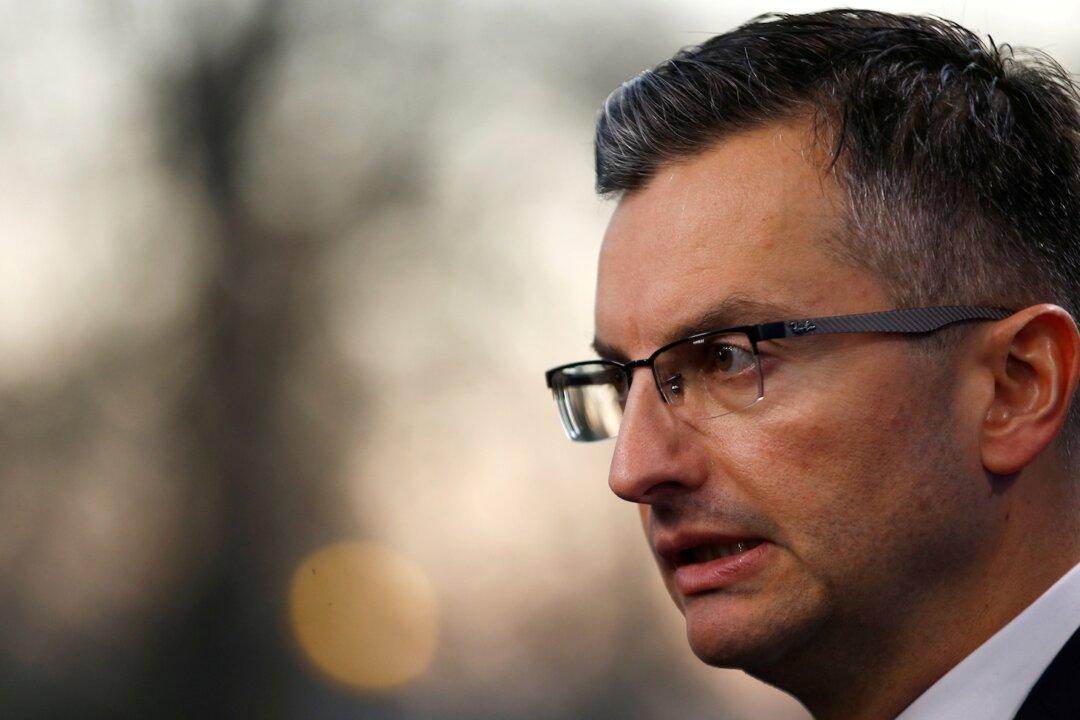LJUBLJANA—Slovenian Prime Minister Marjan Sarec said he was sending his resignation to parliament on Monday and called for an early election, saying his minority government could not push through important legislation.
The governing coalition of five center-left parties, which took power in September 2018, held only 43 out of 90 seats in parliament. After losing the informal support of the opposition Left Party in November, it has found it increasingly difficult to get bills through parliament.





